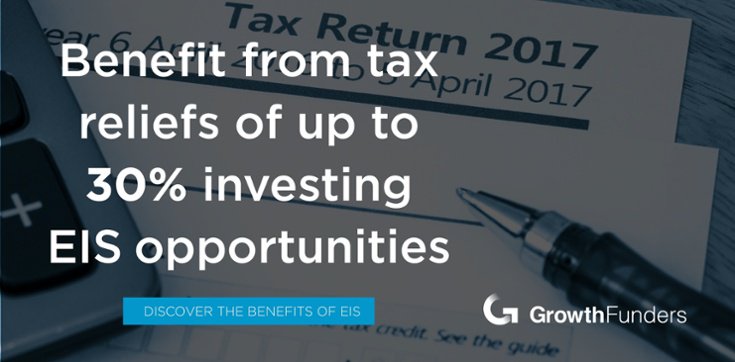What has the UK's first scaleup index told us?
Beauhurst has recently partnered with the ScaleUp Institute to establish the first scaleup index for the UK’s fastest growing private companies. This is designed to shine a spotlight on a section of the investment market that is adding billions to the economy, but which is under represented in analysis.
By analysing 3,856 companies that satisfy the OCED criteria for a scaleup, while excluding subsidiaries and charity organisations, they are able to present a true picture of the scaleup sector in the UK.
With the launch of this first index, a benchmark will be set that will allow for future analysis and measured change in this sector. There are a number of interesting findings in this report, some of which I'll dig into further here.
It is perhaps unsurprising to see that at a high level, the more investment that companies receive the more likely they are to grow and the faster this will be.
However, what is more surprising is the finding that many of the scaleups in the UK are over 20 years old, showing that while early stage businesses are likely to be growing at pace, there is the same potential in many of the older and more established companies as well.
Regional success
As you would expect, London dominates the scaleup landscape, with 21% of the companies based there, and a further 14% in the wider South East outside of London.
With 130 scaleups based in the North East, the region accounts for only 3% of the UK’s scaling companies. However, with the efforts that are being made to stimulate investment in the North East and the support available in the region, we will be watching to see how this changes in the next year.
Yet this statistic masks a great success in the North East region when you look more closely at the rankings based on local authority. When we do this, we notice that County Durham has a total of 28, putting it ahead of the rest of the North East region for scaleups, leaving it only a few companies behind authorities like Edinburgh and Aberdeen.
For me, this is testament to the work that has been done to support scaling businesses in the Durham area, supported by groups such as Business Durham and financing options such as the Finance Durham Fund, managed by Maven Capital Partners.
Sectors of interest
As the government recently announced an increase in support for technology related businesses in the UK, we can see from this data the majority of scaleups are actually in non-technology sectors, highlighting the need to bring more tech based businesses to the UK.
While technology businesses are less prominent than expected, there is a high level of technology-supported businesses - especially in the sector that has the highest number, professional services - that account for over a third of all scaleup businesses.
Of particular interest to ourselves at GCV, we see that in the built environment and infrastructure sector, property development and construction is by far the largest subsector, with 546 scaleups.
Even more interestingly, despite this being only the third largest overall sector, it is actually the largest subsector, with 263 more scaleups than the next largest subsector, showing that the property development and construction sector is a key driver of the economy.
Investment and growth
The index showcases how investment in scaleups over recent years has been in a decline, with the number of deals reducing from 87 in 2014 to only 44 this year. However, whilst the number of deals has declined, we have seen a sharp increase in the amount invested, with a record £1.5 billion invested into scaleups this year alone, after decreases for the last two years.
We will be looking closely to see whether this continues next year as government incentives, such as the SEIS and EIS, continue and even expand for knowledge-based businesses.
Equity-based investments
We can now see from this data that this investment is promoting higher growth, with a positive correlation between the amount of growth and investment received. Companies that have received equity investment account for 40 companies that are growing over 100% in turnover each year, while at the other end those growing by 20-40% accounted for only 18% of the companies receiving equity investment.
This trend continues as we look into the amount invested, with those growing over 100% from 2% where there is less than £1 million invested to 17% where they have received more than £50 million.
As a first index, this report has brought a lot of interesting findings and it is great that it clearly aligns with the work we are doing here at GCV.
With investment into high growth SMEs and property development being of benefit to the scaleup sector and the wider economy, we are pleased to support both with raising finance.
I am sure the real value of this index will be realised when we are able to report on these findings again next year and highlight the changes revealed year-on-year. I will certainly be interested to see how these trends develop and I am pleased that this collaboration has been established to provide an ongoing index of scaleups in the UK.
%20(3)%20(2).jpg)









